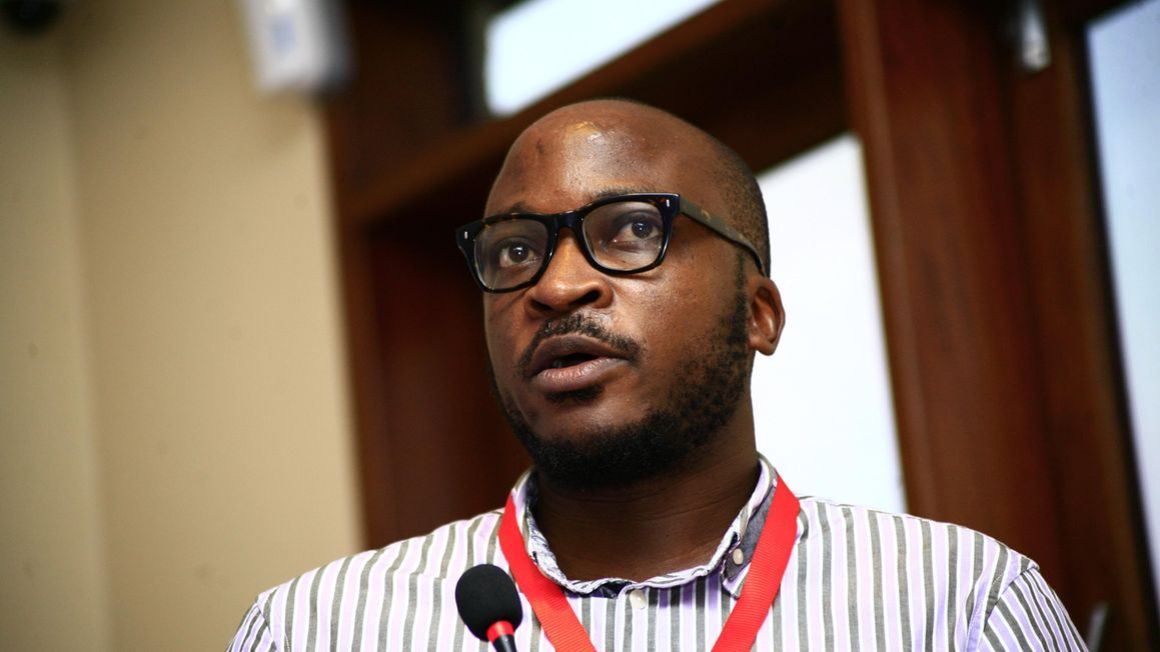Two sisters were walking to school one morning when the devil came calling…

Daniel K. Kalinaki
What you need to know:
- Millions of idle young Ugandans have now spent more than a year tinkering with things in the devil’s workshop.
In the mid-1960s two young sisters in a village somewhere in Uganda were walking to school early one morning when they came across their friends going off to play.
‘Come along,’ the friends cried out cheerfully. ‘It is a bright day and there’s much fun to be had.’ The two sisters looked at each other. Ahead lay school, with its strictures of uniform, time periods, complex ideas etched on stone slates, and the routine violence visited upon the buttocks to unlock minds clogged by boiled yam and potatoes.
Behind them, in the general direction of travel of their friends, lay unmanned orchids with trees whose branches groaned under the weight of fruit, lily-covered ponds that could quickly be transformed into swimming pools on hot afternoons, and well-appointed slopes which, when it rained, became slippery and ideal for bare-bottomed tobogganing.
The older of the two sisters gave the younger a quick look and turned around. ‘Let’s go and play,’ she said, as she skipped off to join the young party animals. The younger girl stood transfixed for a moment, torn by indecision. After a few moments of reflection, she put one foot ahead of the other, then another, and another, and on to school.
That small step forward was a giant leap for the young girl, and the one in the opposite direction a generational blow to her elder sister and the offspring that would follow. It wasn’t just that the younger girl went on to become literate and liberate herself from the clutches of poverty and destitution, but that decision would reverberate down the generations.
The story of those two women reaffirms the importance of keeping girls in school to a society’s social-economic transformation. Girls who stay longer in school are more likely to have babies at a later age, have fewer of them, and are more likely to ensure that their own kids go to school, breaking the poverty trap. Those who take to lying on their backsides at an early age tend to have babies early, and quite often.
This information isn’t new and the evidence has been clear for decades. Which is why it makes our failure to take heed almost criminal. The introduction of ‘free’ universal primary education in 1997 was a step in the right direction, as seen in the overnight jump in enrolment numbers. But the failure to keep students in school – Uganda has the highest school dropout rate in East Africa, and only one in four children who join primary school get as far as secondary school – has turned this into an exercise in futility.
There are several reasons, but a few are worth noting. First, the government spends less on each child per year than a typical meal in a Kampala restaurant, and it stubbornly refuses to explore co-funding options, or means-tested ways of channelling the money to those most at need.
Then there is the impunity, such as the refusal to provide sanitary towels or subsidise them for schoolgirls, even after promising to do so.
But some acts defeat categorisation. To overcome the disruption to learning posed by the pandemic, the government last year planned to buy solar-powered radios and television sets. A few clever folk suggested that laptops might be better, but we decided to move.
But even that did not happen. When MPs went to inspect the company picked to assemble the radios here, they found that it manufactured transformers; the two radio sets on show had been couriered in from China the day before. So the MPs declined to allocate the money.
Now, with more children trying to learn remotely, the country has made internet access more expensive by increasing taxes to pay back loans that, in many cases, did not do what they were meant to do.
The children and parents celebrating recent primary exam results are the lucky ones, assuming they can get back into school, and soon. More than half a century on, the poverty baton keeps being passed down the line in the elder sister’s line.
Millions of idle young Ugandans have now spent more than a year tinkering with things in the devil’s workshop. These ‘guys’ don’t know what’s about to hit them.
Mr Kalinaki is a journalist and poor man’s freedom fighter.
[email protected]; @Kalinaki




